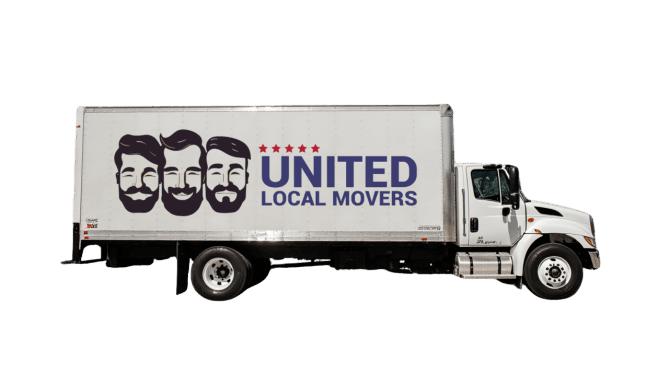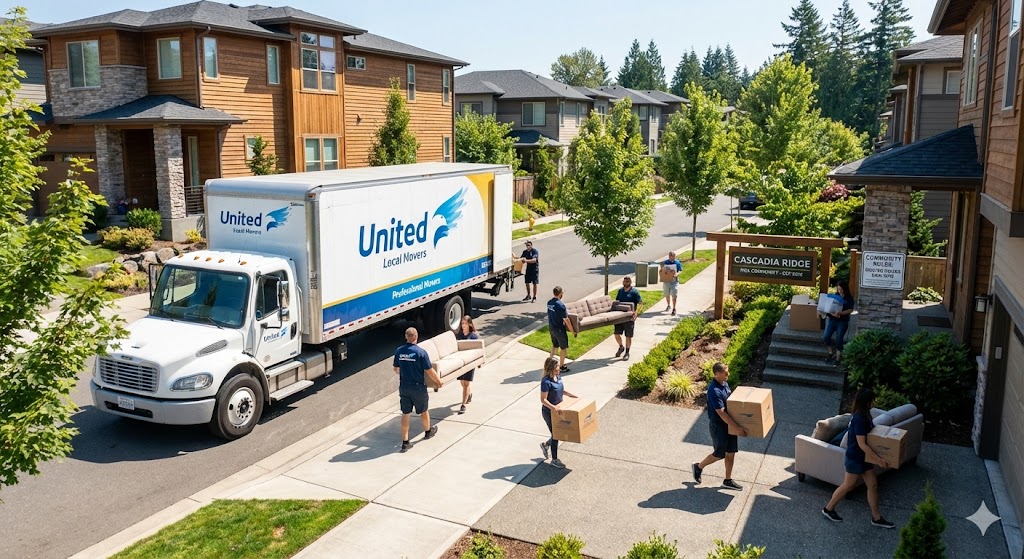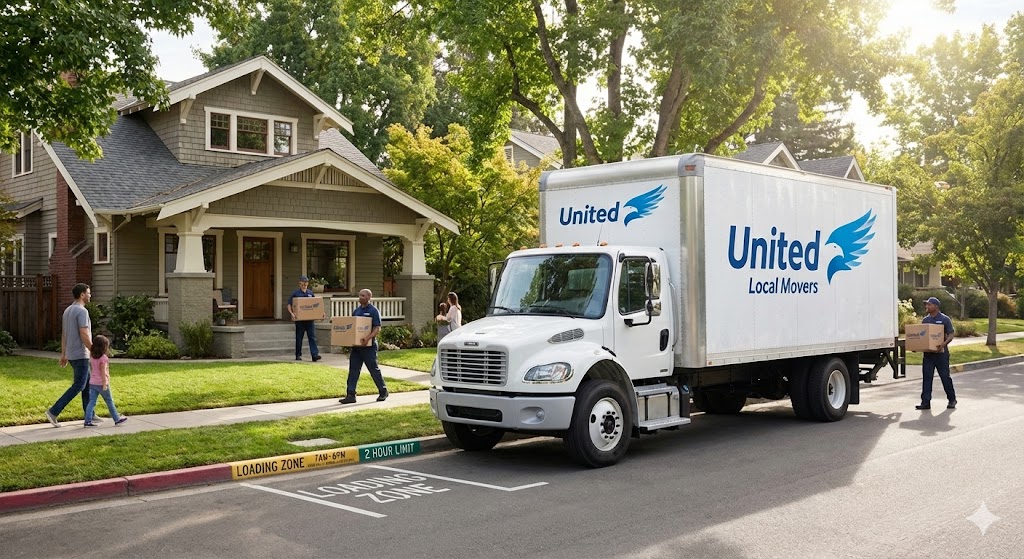Hidden moving fees can take a seemingly fair quote and turn it into a stressful and expensive surprise. Many customers are caught off guard by extra charges like stairs, long carry, shuttle, and fuel surcharges — often because these fees weren’t explained clearly upfront. Understanding how these costs work can help you plan better, negotiate smarter, and keep your budget under control.
Why Hidden Fees Are More Common Than You Think
Most moving companies provide an initial estimate based on basic details like your move size, origin, and destination. But many factors affect the actual cost on moving day — especially when your new or old home involves stairs, long hallways, limited parking, or fuel costs. That’s why some charges don’t appear on the first quote but surface later as “accessorial fees.”
Legitimate moving companies should always disclose these potential fees before the move, but not all do. Rogue movers sometimes use them as leverage to increase your final bill once your belongings are already on the truck.
Understanding Stair Fees and When They Apply
A stair fee is an extra charge applied when movers have to carry furniture and boxes up or down flights of stairs. This is one of the most common hidden costs in residential moves. Even a small building without an elevator can significantly increase labor time.
Here’s how stair fees typically work:
- Per flight fee: A set charge per additional flight of stairs.
- Threshold: Many companies include the first flight for free but charge for each flight after that.
- Applies to both origin and destination: If your new home has stairs too, the fee may be charged twice.
These fees make sense from a labor perspective — but they should always be disclosed early. Reputable movers will ask how many floors are involved before giving you a quote.
Long Carry Fees: The Silent Cost of Distance
Long carry fees apply when movers must carry items an extended distance between your home and the moving truck. For example, if parking is far from the building entrance or your home is at the end of a long hallway, this extra labor can lead to added costs.
Here’s what to know about long carry charges:
- Standard distance: Most companies include a set distance (often 75 feet) in the base rate.
- Additional cost: Anything beyond that is billed per additional foot or as a flat fee.
- Urban moves: This is common in big cities where trucks can’t park right at the entrance.
To avoid surprise long carry fees, take measurements in advance and inform your mover about parking access at both locations. If needed, arrange a reserved spot ahead of time with your building or local authorities.
Shuttle Fees: When the Big Truck Can’t Reach Your Home
A shuttle fee applies when the moving truck can’t access your home directly due to parking restrictions, narrow streets, or limited driveway space. In this situation, the company may use a smaller vehicle to shuttle your items between the main truck and your home.
- Why it happens: Urban streets, apartment complexes, or rural driveways often can’t accommodate a large 53-foot trailer or moving truck.
- How it’s charged: Usually a flat rate or hourly fee for the additional vehicle and labor.
- Advance planning: If your address has tight access, flag it during the estimate so shuttle costs can be included upfront.
Shuttle charges can be significant, so the earlier you communicate these details, the better you can plan and avoid unexpected bills.
Fuel Surcharges and How They’re Calculated
Fuel surcharges are common in interstate and long-distance moves. They help companies cover fluctuations in fuel costs during transportation. While it may seem like a small percentage, fuel charges can add hundreds of dollars depending on the distance.
Here’s how fuel fees are usually structured:
- Percentage of line-haul: Often between 5% and 15% of the transportation cost.
- Flat fee: Some movers charge a set amount per mile or per trip.
- Transparency matters: Reputable movers will show how this is calculated in the written estimate.
Fuel costs should never be a surprise. If your quote doesn’t clearly list fuel charges, ask about them before signing anything.
Other Common Accessorial Fees to Watch For
While stairs, long carry, shuttle, and fuel fees are the most common, they’re not the only hidden costs. Other charges that might appear on your bill include:
- Elevator fees: For high-rise buildings where elevator reservations or extended elevator use is required.
- Hoisting fees: For large items that don’t fit through doorways or stairwells.
- Appliance servicing: For disconnecting or reconnecting appliances like washers and dryers.
- Disposal fees: For removing unwanted items or debris after the move.
These aren’t necessarily bad — they reflect real labor and equipment costs. The problem is when they’re not communicated clearly during the quoting process.
How to Spot Hidden Fees Before It’s Too Late
Many moving companies rely on customers not reading the fine print. But you can protect yourself with a few simple steps:
- Ask for a detailed, itemized estimate before booking.
- Request a virtual or in-home survey — not just a phone quote.
- Point out stairs, parking distance, and building access ahead of time.
- Get the terms in writing, including what happens if access conditions change.
- Ask directly: “Are there any other fees I should know about?”
Legitimate movers like United Local Movers will answer these questions clearly, because their reputation depends on transparency.
Why Hidden Fees Are Easier to Avoid Than You Think
With the right preparation, most hidden fees can be avoided or minimized. It all comes down to clear communication, site access planning, and getting everything in writing. By addressing access conditions before moving day, you give your movers the chance to build an accurate quote.
Also, never rely on verbal promises. Always request written confirmations of every cost. This not only protects you legally but also eliminates any misunderstanding later.
Turning Hidden Costs Into Predictable Planning
No one likes financial surprises, especially during a major life event like a move. By understanding how stair fees, long carry charges, shuttle costs, and fuel surcharges work, you can budget accurately and confidently.
With United Local Movers, your relocation becomes safer, faster, and stress-free. Our team provides transparent pricing and detailed estimates, so there are no surprises — just smooth moving.





